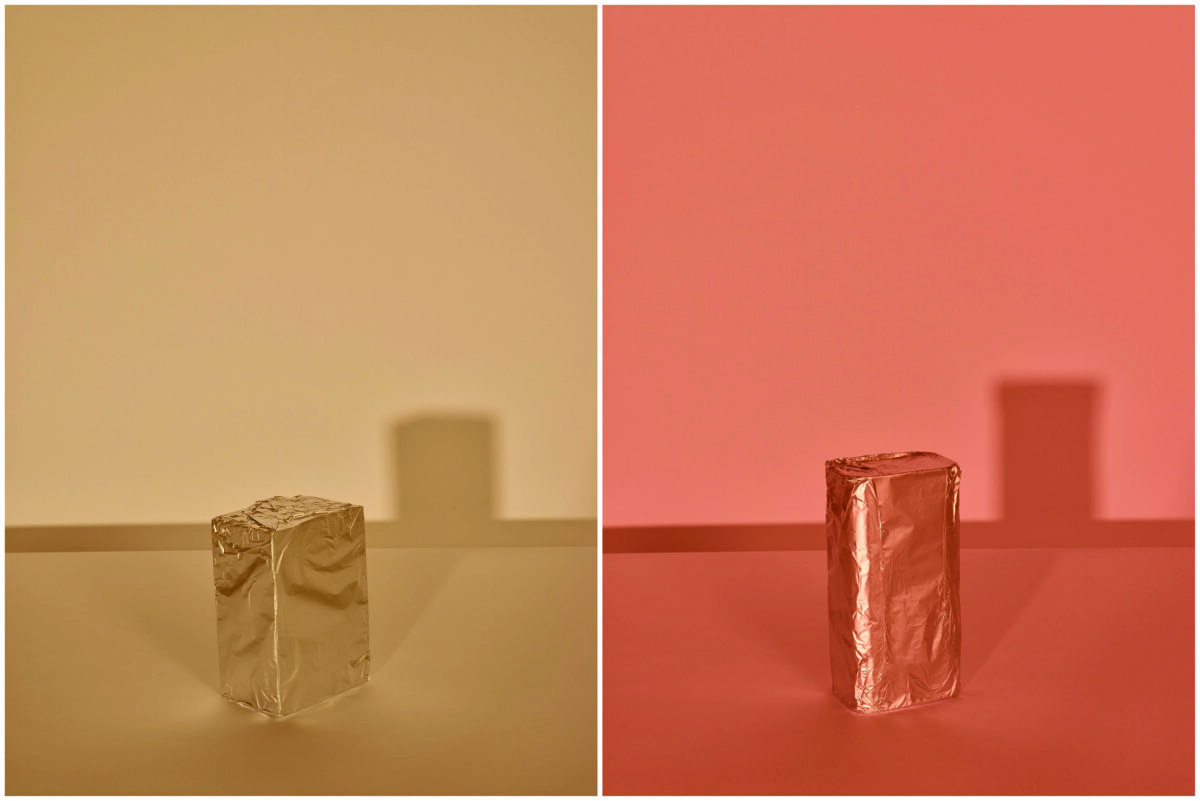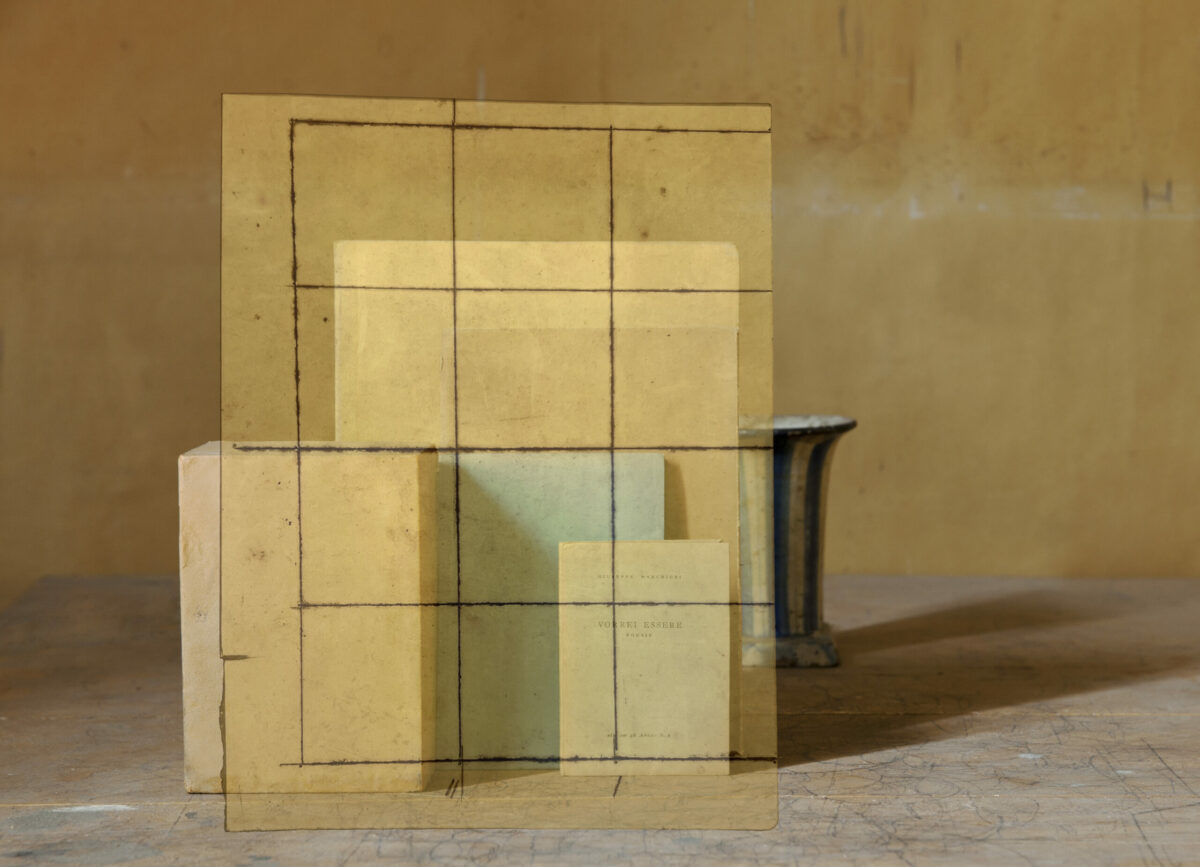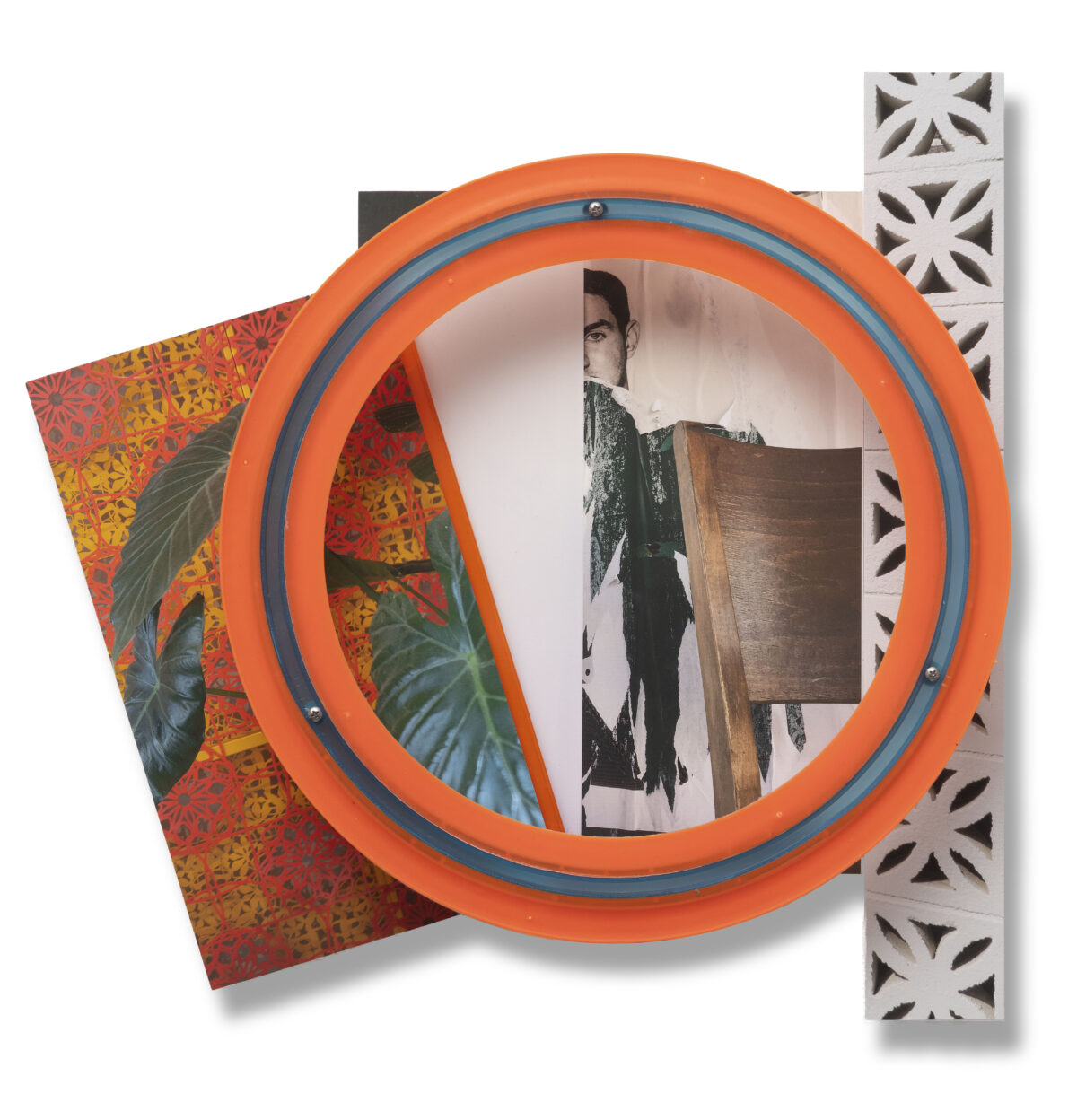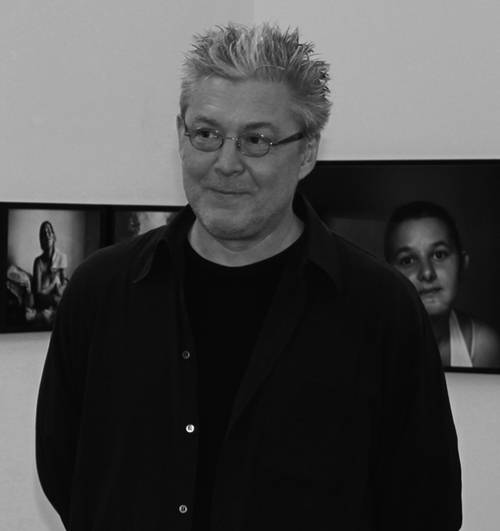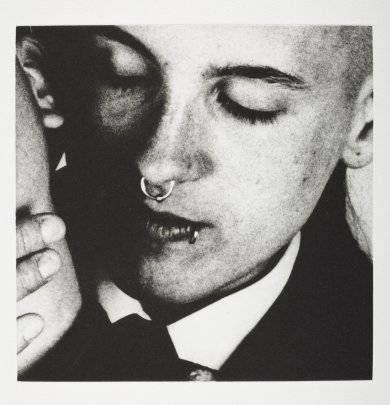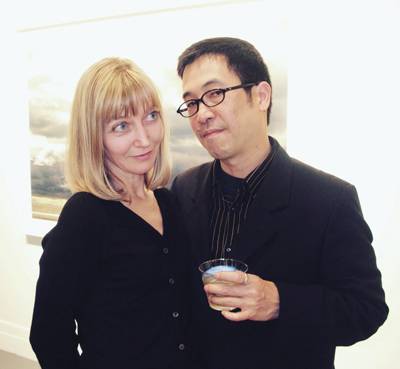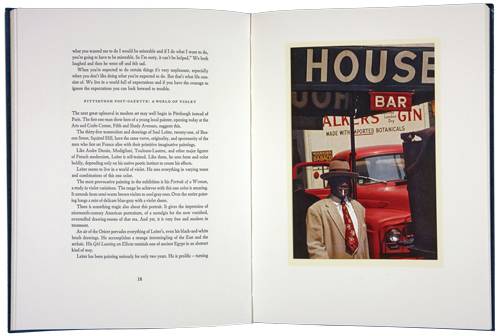As long as I have been looking at photographs I have been drawn to the work of Eastern European photographers. I like the melancholic, surreal nature of postwar images, especially by André Kertész and his protégé Sylvia Plachy. They are both Hungarian, a generation apart. Andi Gáldi, also Hungarian, is of the next generation. Her work shares some of their sensibilities, but it also comments on contemporary life. Her pictures are sociological portraits – portraits in the most general sense – of people, as well as environments, natural or man-made.
For the past five years she has worked on the project Paradisco. “Para” is a slang Hungarian word meaning fear, and disco (in any language) represents fun and play. Put together, her title alludes to an elusive paradise, and it captures the underlying quest in her photographic pursuits – to record the general unease experienced by people of her generation as well as their pleasures and joys. This emotional duality – sensitivity to the fragility of life but also to its delights – gives power to her pictures.
An important aspect of her work is the exploration of how we see ourselves and how we perpetually attempt to control how we are perceived. She looks at our vanities, our many disguises, and decodes our behavior. Careful observation of the surface of things is her key to understanding. She examines everything around her, and when something catches her eye, she reflects on it, and possibly transforms it into an image. Her pictures are often partial re-stagings of something she observed.
Perhaps one of the most iconic pictures in her Paradisco series is Viki. It shows one her friends – she often photographs her friends – wearing a stylish coat; half of her face is covered by a traditional Hungarian New Year’s mask. Smoke playfully swirls around her against a dark sky. The picture is surreal, melancholic, as well as playful, claiming its place in the Eastern European photographic tradition.

